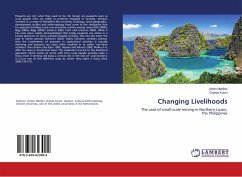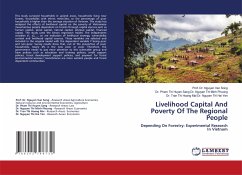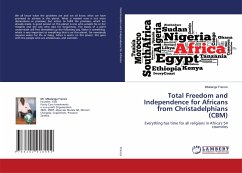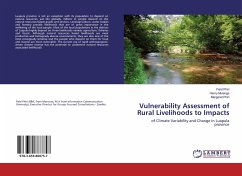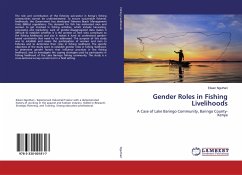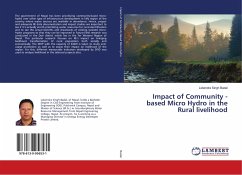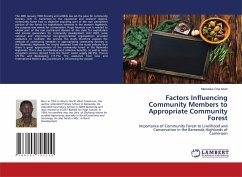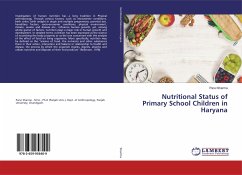Peasants are not what they used to be. No longer are peasants seen as rural people who are solely or primarily engaged in farming. Scholars involved in a range of disciplines like economy, sociology, social geography, development studies and anthropology have come to the realization that for peasants farming is just one economic activity among many (Ellis 2000b; Rigg 2005a; Rigg 2005b; Schüren 2003; Start and Johnson 2004). While it has now been widely acknowledged that today peasants are active in a broad spectrum of work activities besides farming, this has also been the case in earlier periods (Schüren 2003). Today however, scholars witness that the involvement of peasants in agricultural activities is actually declining and peasants are more often involved in so called 'non-farm activities' than before (see Eder 1993; Hayami and Kikuchi 2000; Molle et al. 2001 for cases in South-East Asia). This realization has led to the livelihood approach which comes to terms with how rural people actually make a living. Even if farming still plays a central role in the lives of rural dwellers, it is just one of the different ways by which they make a living (Yaro 2006:126-127).
Bitte wählen Sie Ihr Anliegen aus.
Rechnungen
Retourenschein anfordern
Bestellstatus
Storno

